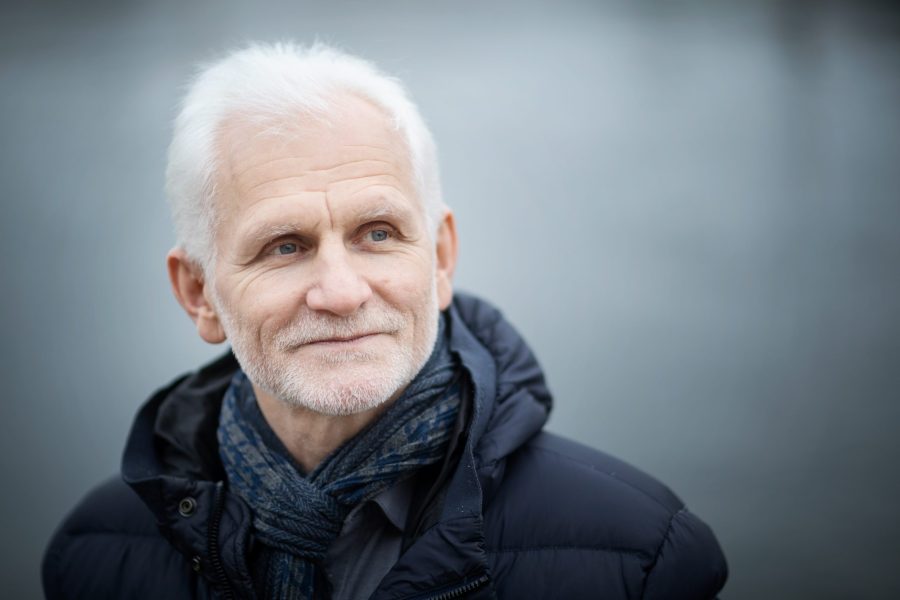
Nobel Peace Prize: Belarus, Russian, Ukranian organisations take the honours

This year’s Nobel Peace Prize has been awarded to jailed Belarus rights activist Ales Bialiatski, the Russian group Memorial and the Ukrainian organisation Centre for Civil Liberties.
The winner was announced on Friday (October 7) in Oslo by Berit Reiss-Andersen, chair of the Norwegian Nobel Committee. A week of Nobel Prize announcements kicked off Monday with the award in medicine honoring a scientist who unlocked the secrets of Neanderthal DNA.
Three scientists jointly won the prize in physics Tuesday for showing that tiny particles can retain a connection with each other even when separated. The prize for chemistry was awarded Wednesday to three scientists who developed ways of connecting molecules that can be used to design more targeted drugs.
Also Read: Who is Svante Paabo, the Nobel winner who pulled off ‘a seemingly impossible task’?
French author Annie Ernaux won this years Nobel Prize in literature Thursday.
The award has, in the past, put spotlight on groups and activists trying to prevent conflicts, alleviate hardship and protect human rights.
Last year’s winners have faced a tough time since receiving the prize. Journalists Dmitry Muratov of Russia and Maria Ressa of the Philippines have been fighting for the survival of their news organisations, defying government efforts to silence them They were honoured last year for their efforts to safeguard freedom of expression, which is a precondition for democracy and lasting peace.
A week of Nobel Prize announcements kicked off Monday with Swedish scientist Svante Paabo receiving the award in medicine for unlocking secrets of Neanderthal DNA that provided key insights into our immune system. Three scientists jointly won the prize in physics Tuesday.
Also Read: Sweden’s Svante Paabo gets Nobel Medicine for research on evolution
Frenchman Alain Aspect, American John F. Clauser and Austrian Anton Zeilinger had shown that tiny particles can retain a connection with each other even when separated, a phenomenon known as quantum entanglement, that can be used for specialized computing and to encrypt information.
The Nobel Prize in chemistry was awarded Wednesday to Americans Carolyn R. Bertozzi and K. Barry Sharpless, and Danish scientist Morten Meldal for developing a way of snapping molecules together that can be used to explore cells, map DNA and design drugs that can target diseases such as cancer more precisely. French author Annie Ernaux won this year’s Nobel Prize in literature Thursday.
Also Read: French novelist Annie Ernaux wins the 2022 Nobel Prize for Literature
The panel commended her for blending fiction and autobiography in books that fearlessly mine her experiences as a working-class woman to explore life in France since the 1940s.
(With Agency inputs)

